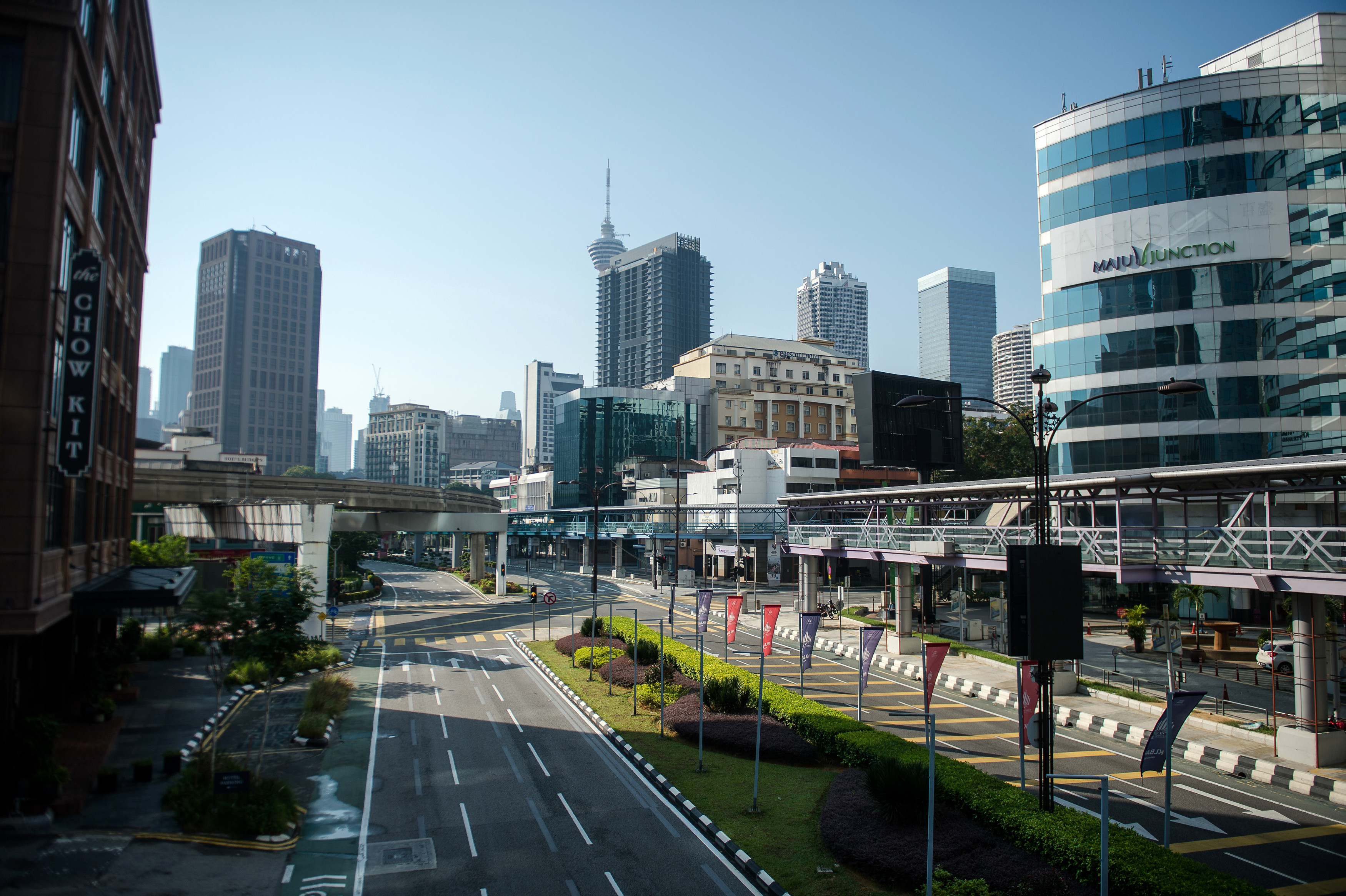By Nurul Hanis Izmir
KUALA LUMPUR, Jan 14 (NNN-Bernama) — Malaysia’s economy will remain resilient despite the re-imposition of the Movement Control Order (MCO) in six states and the nationwide state of emergency, thanks to labour productivity which drives economic growth.
Juwai IQI Global chief economist Shan Saeed said the country can survive despite the tempestuous global economy, on the back of the government’s continuous fiscal and monetary policy levers to support the growth trajectory in the economy.
“Nonetheless, in my opinion, the government should analyse the business and market pace to gauge the momentum before announcing any fiscal stimulus for the economy.
“However, small and medium enterprises need lots of support from the government as small firms are finding it tough to manage their cash flows,” he told Bernama.
Shan said that right now, markets are in the midst of an interplay between epidemiology and economics.
“It’s a very delicate line between health care and business. The government is trying its best to keep the momentum going for the economy at the macro level,” he opined.
Meanwhile, he noted that Juwai IQI’s projection for Malaysia’s gross domestic product growth remained the same, at three to four per cent this year, with ringgit to trade between RM3.67 and RM4.10 against the US dollar. (US$1 = RM4.04)
“The ringgit will continue to have structural stability in 2021 and will be trading between 3.67 and 4.10 against US dollar. Main premises for the local note’s strength in 2021 are the dollar heading for tail-end risk, higher oil prices, ringgit following Yuan movement and the local macroeconomic stability,” said Shan.
He also said that Bank Negara Malaysia (BNM or Malaysia’s Central Bank) has plenty of room to manoeuvre in terms of the monetary policy lever in 2021, adding that the central bank would continue to follow prudent monetary policy in order to deliver economic outcomes for growth, price stability at the macro level and financial stability in the system.
“The BNM will apply tactical and strategic manoeuvring as per market condition or when required. At Juwai IQI, we continue to remain cautiously optimistic about the growth outlook due to solid policy response from the government,” he said.
He expects five sectors to be major beneficiaries for this year, namely oil and gas, semiconductor, manufacturing, healthcare and plantation (palm oil).
On Monday, Prime Minister Muhyiddin Yassin announced that MCO will be enforced in Malaysian states of Penang, Selangor, the Federal Territories (Kuala Lumpur, Putrajaya and Labuan), Melaka, Johor and Sabah from Jan 13 – 26, 2021.
During the same period, conditional MCO (CMCO) would be enforced in states Pahang, Perak, Negeri Sembilan, Kedah, Terengganu and Kelantan, while Perlis and Sarawak would be placed under the Recovery MCO (RMCO).
The following day, Malaysia’s King Al-Sultan Abdullah Ri’ayatuddin Al-Mustafa Billah Shah proclaimed a nationwide state of emergency from Jan 12 until Aug 1, 2021, or when COVID-19 has come under control.
The re-imposition of the MCO came as Malaysia started to see daily cases breaching 3000 last week, putting the nation’s healthcare system under siege.
— NNN-BERNAMA






